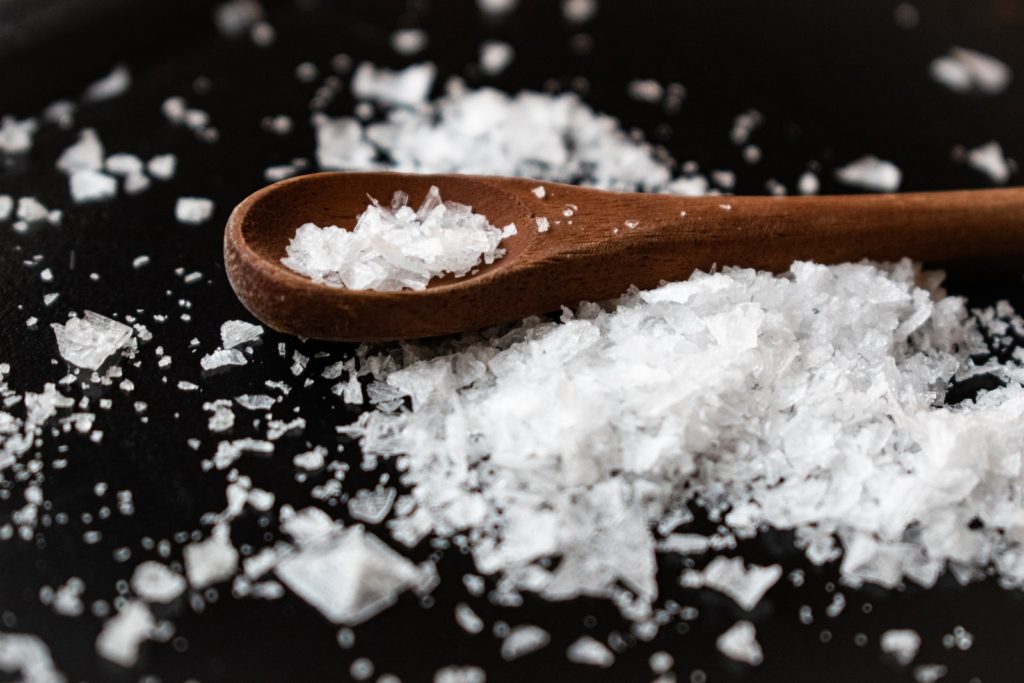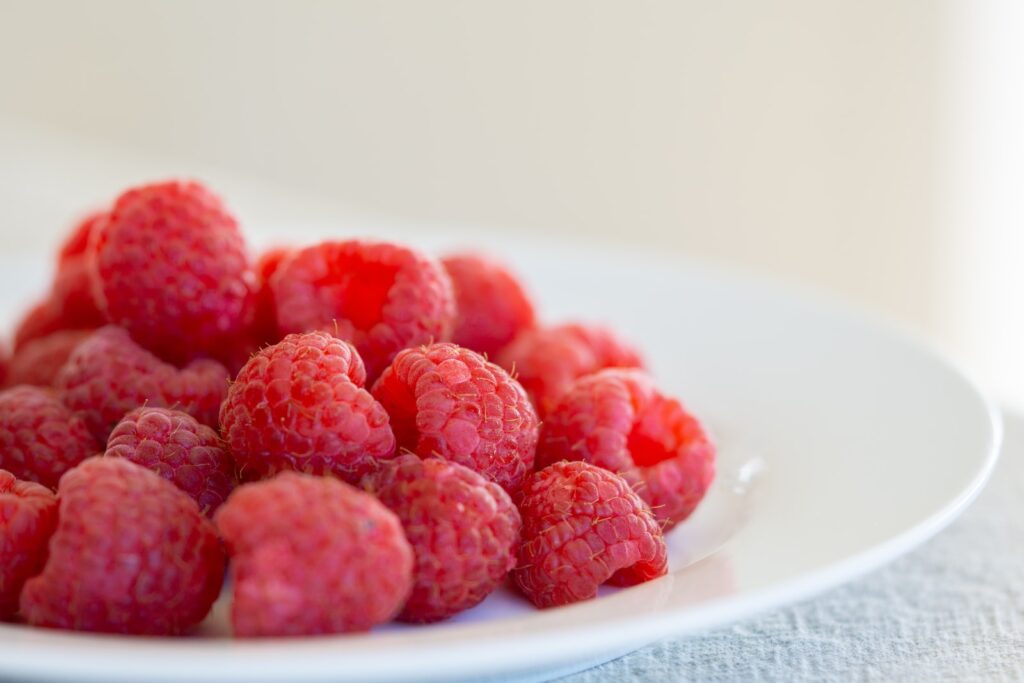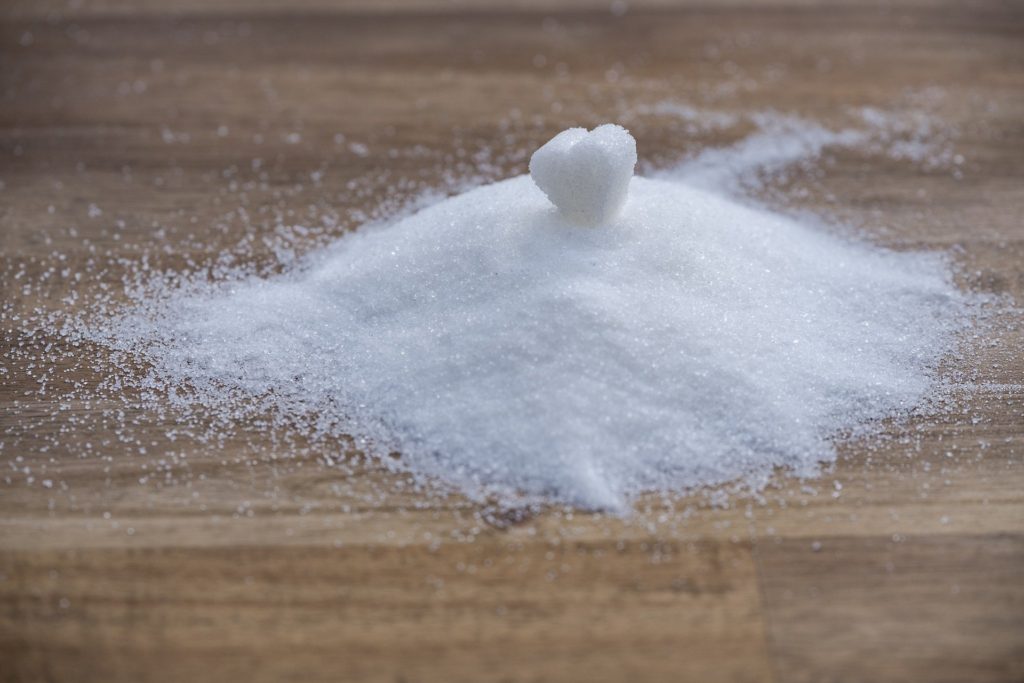Most artificial sweeteners are high-FODMAP.
This is because most of the zero-calorie alternatives to sugar, like Splenda, are high in chemicals and don’t break down well in our bodies.
This can be discouraging for people who’re on low-FODMAP diets.
However, even though most artificial sweeteners cause digestive problems, there is a solution.
In this article, I’ll discuss the high-FODMAP artificial sweeteners that cause digestive issues, & then I’ll discuss their low-FODMAP counterparts.
What Is a High FODMAP Food?
FODMAP stands for Fermentable Oligosaccharides, Disaccharides, Monosaccharides and Polyols. These are types of foods that are poorly absorbed in our intestines and are likely to cause digestive issues in some people.
A low FODMAP diet is designed to decrease the amount of FODMAPs you eat and reduce symptoms caused by these poorly absorbed foods.
When you follow a Low FODMAP diet, you also need to avoid high-FODMAP artificial sweeteners.
They are often made from high-FODMAP, & artificial ingredients.
And, consuming large amounts of these sweeteners can cause digestive issues.

Are Artificial Sweeteners High-FODMAP?
Yes, most artificial sweeteners are high-FODMAP. This is because most artificial sweeteners, like Splenda, are made of artificial chemicals & can cause digestive issues. Additionally, sugar alcohols, like maltitol, cause the bad bacteria in your gut to grow, so you should avoid them at all costs.
The most common artificial sweeteners, like Splenda, don’t cause digestive issues in everyone.
But, since they’re artificial, they can cause them in some people.
However, the biggest thing you should look out for on a low-FODMAP diet is sugar alcohols, which usually end in “ol.”
Are Sugar Alcohols High-FODMAP?
Sugar alcohols are high-FODMAP. Sugar alcohols cause digestive issues in people because they’re pathogenic, meaning they cause the bad bacteria in your gut to grow.
Sugar alcohols are popular because, unlike a lot of other artificial sweeteners, they actually taste pretty similar to sugar.
However, since they’re pathogenic, I recommend avoiding them on a low-FODMAP diet.
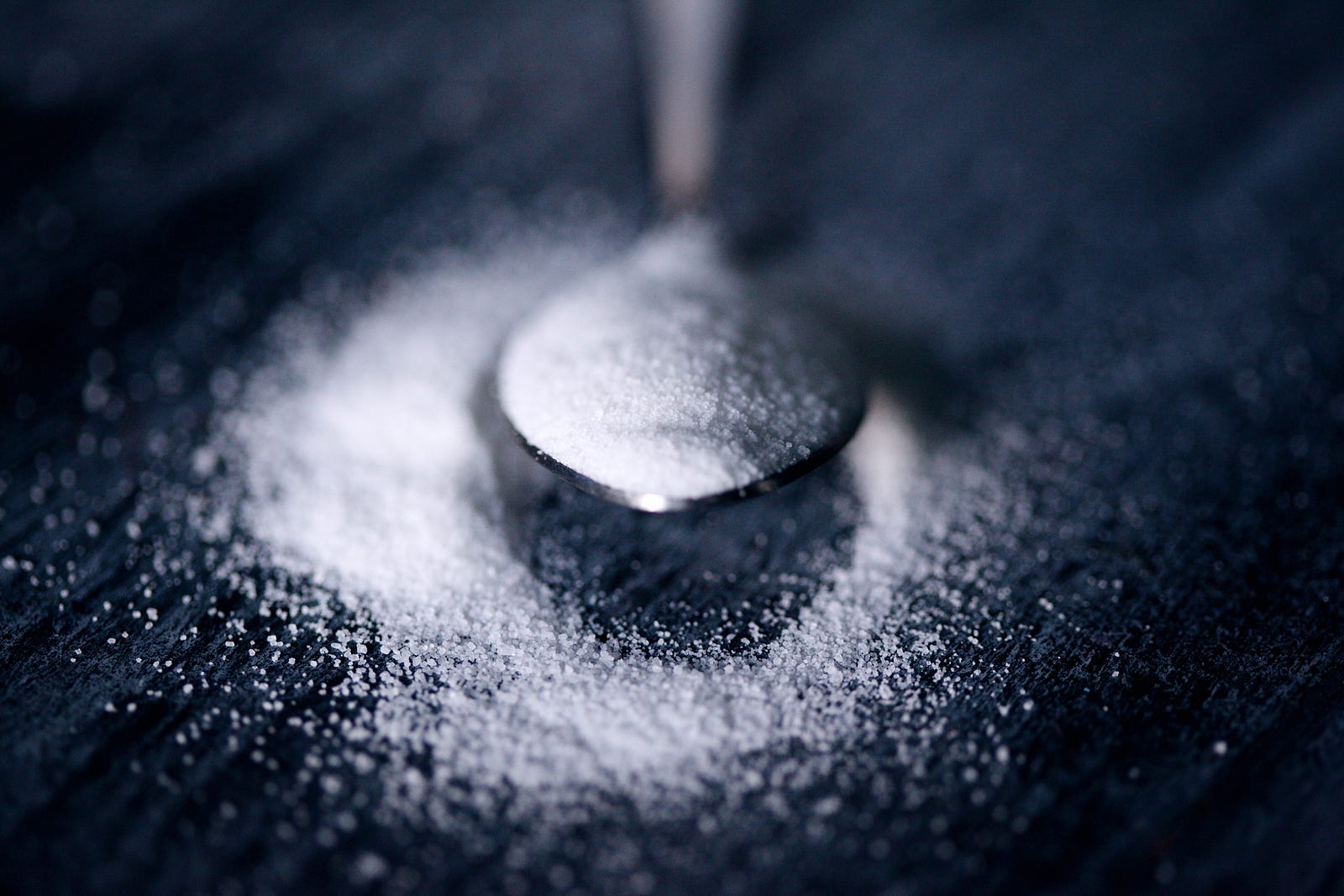
Which Artificial Sweeteners Are High-FODMAP?
These are the artificial sweeteners that are high-FODMAP:
- Maltitol
- Xylitol
- Sorbitol
- Isomalt
- Lactitol
- Mannitol
If you’re on a low-FODMAP diet, you must avoid these sweeteners.
This is because these sweeteners are pathogenic, meaning they cause the bad bacteria in your gut to grow.
Even by eating a small amount of these sweeteners, you can experience digestive problems like bloating & diarrhea.
But, that doesn’t mean all hope is lost for people who want to enjoy sugar-free foods on a low-FODMAP diet.
*Note: Some of these links are Amazon affiliate links which, if you buy from, I earn a commission*
Which Artificial Sweeteners Are Safe on a Low FODMAP Diet?
There are the artificial sweeteners that are safe for a low FODMAP diet:
These sweeteners are low-FODMAP because, unlike other zero-calorie sweeteners, they’re natural
For example, erythritol, even though it has a chemical-sounding name, actually is pretty natural & comes from birch trees.
The same is true with Stevia & monk fruit.
And since these sweeteners are natural, they don’t cause the bad side effects that come with most other zero-calorie sweeteners.
Out of all of these natural sweeteners, this one is probably my favorite.
That’s because not only is it a 1:1 replacement with sugar, but it also doesn’t have a harsh aftertaste.
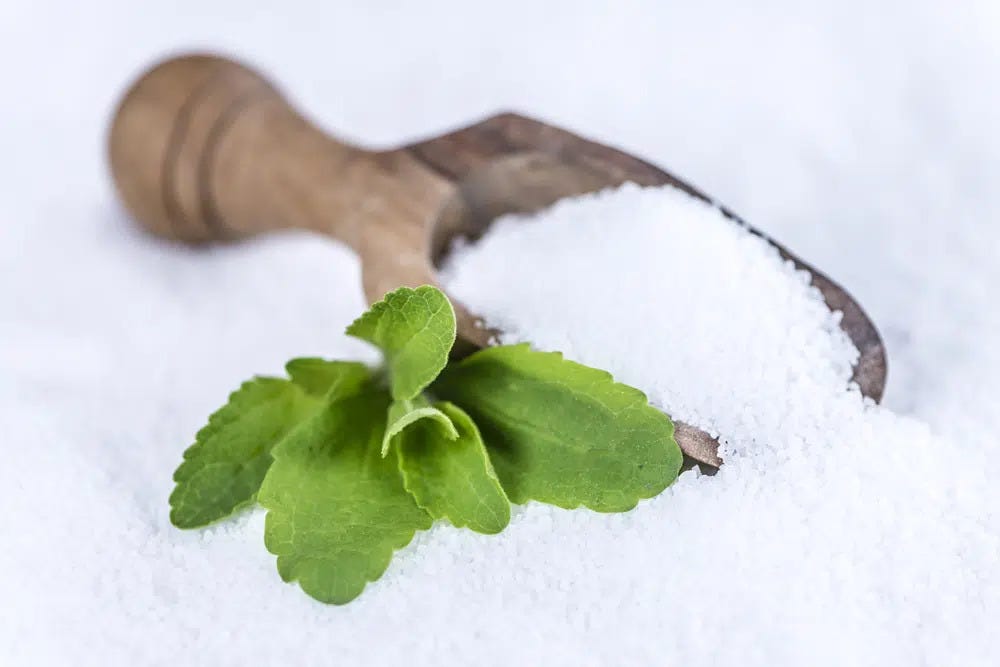
Conclusion
Unfortunately, some artificial sweeteners are high-FODMAP because they’re made from artificial ingredients.
Specifically, sugar alcohols, like maltitol & xylitol, are the sweeteners you should make sure to avoid on a low-FODMAP diet.
Instead, choose natural, low-FODMAP sweeteners like Stevia, monk fruit, & erythritol.
If you want to find out which artificial sweeteners have been shown to be toxic, you can read my article here where I discuss all the science around the most common artificial sweeteners in-depth & help you to avoid the wrong types of sweeteners.
- Can You Still Lose Weight If You Aren’t in Ketosis? - February 8, 2023
- Can the Keto Diet Help With Depression? - February 8, 2023
- Why Does Processed Food Make You Fat? - January 2, 2023

